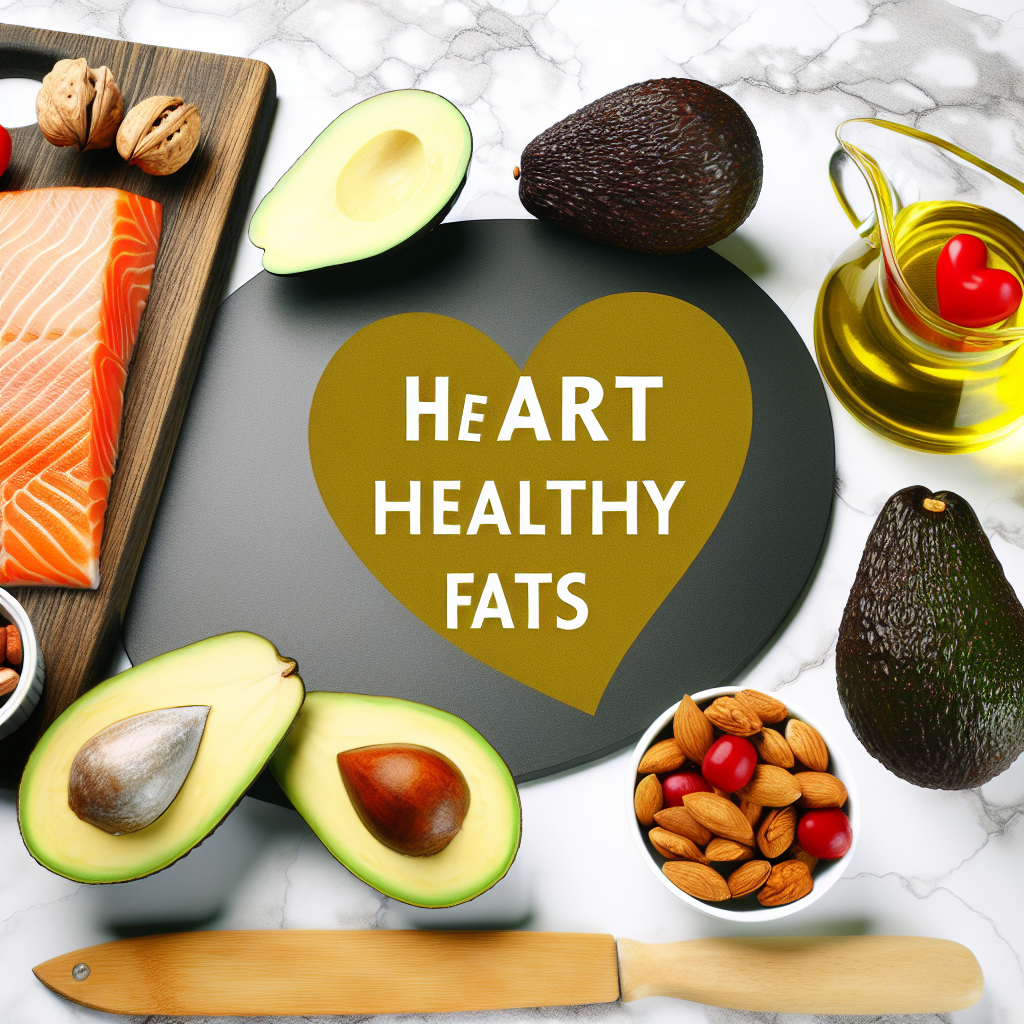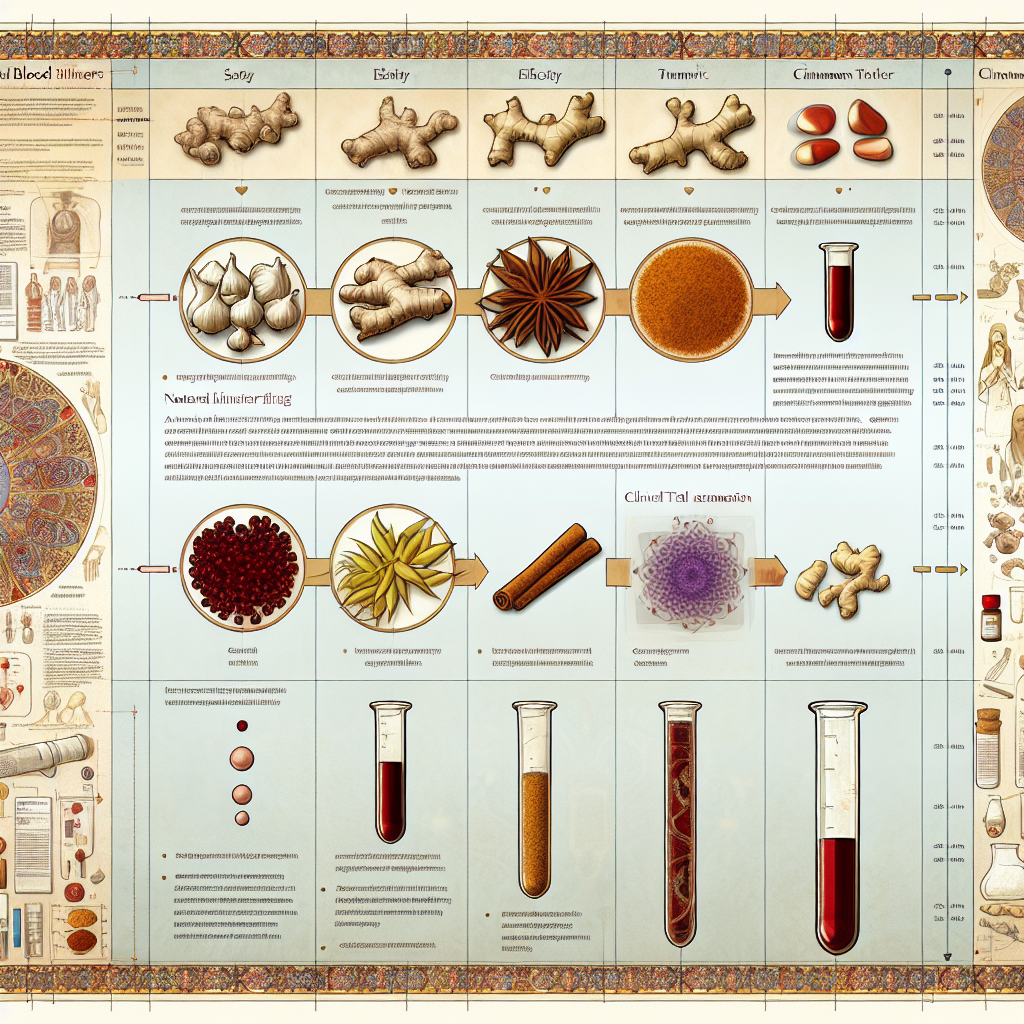Heart-Healthy Fats – Cardiovascular Protection Guide
Introduction
When it comes to maintaining robust cardiovascular health, dietary fats have long received mixed messages. For decades, fat was vilified as the root of heart disease, obesity, and other chronic conditions. However, modern nutritional science has reshaped our understanding, distinguishing between harmful fats and those that support not just heart health but also cognitive function, hormone balance, and overall vitality. Among these beneficial fats are monounsaturated fats, polyunsaturated fats, and particularly omega-3 fatty acids—collectively known as heart-healthy fats.
Contrary to the outdated notion that “fat makes you fat,” heart-healthy fats serve numerous protective roles. They help lower levels of LDL (“bad”) cholesterol while increasing HDL (“good”) cholesterol. They also reduce high blood pressure, decrease inflammation, and support the elasticity of blood vessels. These benefits play a critical role in preventing, managing, and even reversing cardiovascular disease.
Natural cures and holistic wellness practices spotlight the value of traditional diets, including Himalayan, Mediterranean, and indigenous cuisines. These emphasize whole-food sources of fat like **nuts**, **seeds**, **fatty fish**, **extra virgin olive oil**, and **avocados**. Instead of relying on synthetic medications alone, these traditions advocate for using food as medicine—endorsing natural fats as essential components of cardiovascular wellness.
As rates of cardiovascular disease continue climbing, estimated at 17.9 million deaths annually by the World Health Organization, the spotlight on nutritional science grows brighter. Many of these deaths are preventable through informed lifestyle choices. Ensuring daily intake of healthy fats while minimizing harmful trans fat and excessive saturated fat is a practical, holistic, and evidence-supported intervention.
For those embracing natural remedies, homeopathy, or herbal medicine, integrating healing fats from sources like flaxseed oil, walnuts, purslane, and chia seeds offers nourishing pathways to support heart health.
Scientific and Medical Features of Heart-Healthy Fats
Numerous scientific studies and clinical trials have consistently validated the heart-boosting effects of healthy fats. Among the most beneficial are omega-3 fatty acids—found in fatty fish like salmon, sardines, and mackerel. A meta-analysis in the Journal of the American Heart Association found that regular omega-3 consumption correlates with reduced risk of fatal heart attacks and sudden cardiac death. Omega-3s work by lowering triglyceride levels, stabilizing heart rhythms, and reducing inflammatory markers such as C-reactive protein (CRP).
Monounsaturated fats, found in foods like olive oil, avocado, and almonds, play critical roles in improving heart function. Research from the Journal of the American College of Cardiology showed that replacing saturated fats with monounsaturated fats lowers coronary heart disease risk. These fats support the endothelium—the cell layer that lines your vascular system—enhancing blood flow and reducing pressure in the arteries.
Polyunsaturated fats, especially those containing alpha-linolenic acid (ALA), provide another layer of cardiovascular defense. Foods high in ALA include chia seeds, flaxseeds, and walnuts. A key study published in the British Medical Journal reported a 10% reduced risk of cardiovascular disease in participants with diets rich in these fats. ALA assists in heart tissue repair, inhibits arterial plaque buildup, and promotes favorable lipid profiles.
From the lens of herbal remedies and homeopathic principles, certain oils and plants are traditionally used to support heart function. A prominent example is black seed oil (Nigella sativa), rich in omega-6 and omega-9 fats along with thymoquinone, an antioxidant compound linked to cardiovascular benefits.
Additionally, purslane—a wild herb used in ancient Chinese and Mediterranean medicine—is naturally high in ALA and supports blood pressure regulation. In Ayurveda and functional medicine, small amounts of grass-fed ghee are praised for their anti-inflammatory butyric acid, which may help reduce arterial plaque when consumed in moderation.
Global health authorities, including the New England Journal of Medicine and the American Heart Association, endorse the Mediterranean diet—naturally high in plant-based oils, nuts, and fish—as a gold standard for cardiovascular protection.
Conclusion
Our evolving understanding of dietary fats has shifted from fear to function. Today, science validates the life-enhancing benefits of heart-healthy fats like omega-3s, monounsaturated, and polyunsaturated fats. These fats actively reduce the risk of heart disease by improving cholesterol profiles, combating inflammation, and supporting blood vessel health.
For those following natural healing methods—including Ayurveda, homeopathy, or functional medicine—incorporating heart-healthy fats from olives, fish, nuts, seeds, and botanical sources offers a unified path forward. Whether you are aiming to prevent diseases or support current treatments, starting with what’s on your plate can make all the difference.
Let your heart lead the way—begin with the right fats and build resilience, vitality, and lifelong health from within.
Concise Summary
Heart-healthy fats—such as omega-3s, monounsaturated, and polyunsaturated fats—are essential in preventing and managing cardiovascular disease. Found in foods like fatty fish, olive oil, nuts, and seeds, these fats reduce LDL cholesterol, lower inflammation, and improve blood flow. Supported by clinical research and holistic practices, they unite ancient healing with modern science. Emphasizing natural fat sources through diets like Mediterranean and Himalayan traditions provides a powerful, natural strategy for lifelong heart protection. Incorporating these fats into everyday meals can significantly reduce heart disease risk and support holistic wellness from within.
References
1. Omega-3 Fatty Acids and Cardiovascular Disease – Journal of the American Heart Association
2. Dietary Fats and Cardiovascular Disease – Journal of the American College of Cardiology
3. Dietary Fat Intake and Cardiovascular Disease Risk – BMJ
4. World Health Organization – Cardiovascular Diseases Fact Sheet
5. Black Seed Oil and Cardiovascular Health – Physiology International
6. Mediterranean Diet and Cardiovascular Disease – New England Journal of Medicine

Dominic E. is a passionate filmmaker navigating the exciting intersection of art and science. By day, he delves into the complexities of the human body as a full-time medical writer, meticulously translating intricate medical concepts into accessible and engaging narratives. By night, he explores the boundless realm of cinematic storytelling, crafting narratives that evoke emotion and challenge perspectives.
Film Student and Full-time Medical Writer for ContentVendor.com




